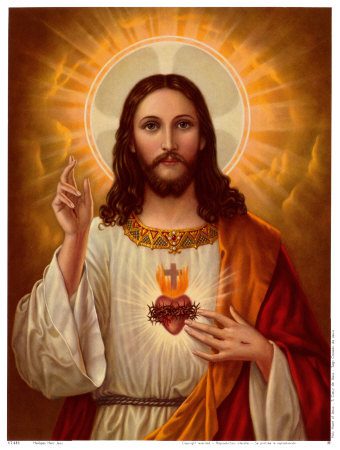Faithful Citizenship
"For I was hungry and you gave me food, I was thirsty and you gave me drink, a stranger and you welcomed me, naked and you clothed me, ill and you cared for me, in prison and you visited me.' "
Matthew 25:35-36
In the United States we believe in the separation of church and state. For many this means that our beliefs that are part of our faith should not influence political activity or legislative actions. They are wrong. I do believe in the separation of church and state but for me this means that the church does not run the state and the state does not run the church.
Our faith helps us know what is right and wrong and because of that, we must use our faith when we decide what is good law and what is not. In our society today we are taught that we should decide what is good by how it benefits me. I believe we must consider not just ourselves but others. What is for the common good for all?
The United States Conference of Catholic Bishops wrote The Challenge of Faithful Citizenship to discuss the relationship of our faith to political activity. In this document they state, "participation in the political process is a moral obligation". We must seek to be informed and to work for laws that address the question how can we best promote the common good and support the rights of the poor rather focusing on how it benefits individuals. At their November 2007 meeting, the USCCB approved "Forming Consciences For Faithful Citizenship" in preparation for the coming presidential elections to reiterate the concept of faithful citizenship.
In 2002, the Vatican issued The Participation of Catholics in Political Life to help us examine what we are called to do. It is our duty as people of faith to vote. Our vote must be a well thought out vote. Thus, we should actively to seek out information about the candidates, their platform, and their past voting records. We should also seek to be aware of pending legislation and lobby to ensure that all laws promote the common good.
There is no perfect candidate. One needs to look no further than past United States Presidential Election for proof of this. In 2004, George W. Bush is pro-life on the abortion issue (with some exceptions) but is for the death penalty. John Kerry was against the death penalty but is pro-choice on abortion. We must look at their stances on each issue and weigh which issues are most important to promote the common good.
I encourage you to be responsible citizens by keeping yourself informed of what your elected representatives are doing in Congress and the White House.
FOR FURTHER READING





